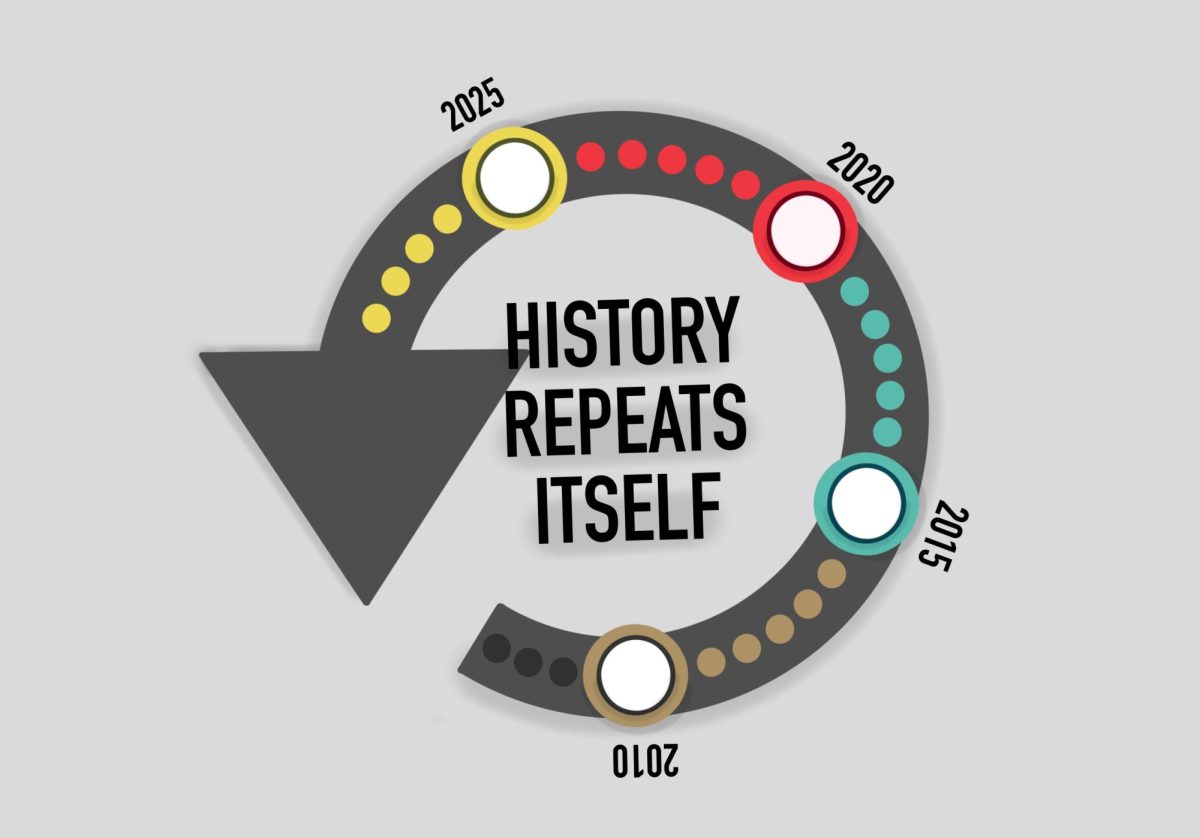O-O-O-Ozempic!
Every day Americans get inundated with pharmaceutical advertisements on television. Most depict bohemian settings with cheerful users of allergy medication, immunosuppressants and a plethora of other drugs. While most commercials end with companies telling the audience to ask their doctor if taking the medication is right for them, few viewers do –– and even fewer think anything more of the ad than to laugh.
Yet, Novo Nordisk and Eli Lilly have managed to crack the code of audience retention with their catchy rendition of the hit song “Magic” by Pilot to promote their Type 2 diabetes medication.
Today, Ozempic has gone well beyond its medical purpose and getting stuck in the heads of people during their commute. It now is being seriously considered as a weight loss therapeutic.
First brought onto the scene when a number of wealthy celebrities flaunted being prescribed the medication for personal use, the drug known generally as semaglutide has since been shown to effectively regulate an individual’s weight. Ozempic works by generating hormones that give the user a sense of feeling full, quelling appetite.
Similar drugs including Wegovy, an iteration of semaglutide, are Food and Drug Administration approved for helping people slim down. If fully brought to market, drugs like these stand to be unprecedented blockbusters.
Today, obesity and related medical outcomes remain chief concerns of researchers and public health experts. Over 40% of Americans ages 20 to 44 currently qualify as obese, with roughly 4% being diabetic. The obesity rate has increased by over 10% since 2009.
Worries over excess weight are not merely aesthetic. Obesity drives numerous devastating effects on health and wellness and tacks on nearly $200 billion in costs annually to our medical system.
At first glance, the development of an effective weight loss treatment appears to solve one of the most urgent health burdens in America today. However, before doctors’ waiting rooms fill up with anxious patients excited to shed a few pounds, the reality of people’s growing dependence on major pharmaceutical companies must be confronted.
As it stands, two-thirds of American adults take prescription medication. Merits of the drugs aside, the growing reliance on big pharma raises questions about the goals and realities of our nation’s public health system.
For one, even the fun-loving commercials mentioned earlier rattle off an eyebrow-raising number of potential side effects to their treatments. Around 10% of those prescribed medication have adverse reactions, and today, European regulators are taking a look at potential side effects of Ozempic and Wegovy, including thyroid cancer.
Additionally, many treatments have declining functionality once users drop off the med. In Ozempic’s case, the user’s weight loss can plateau while taking the injection and promptly reverse once people drop the prescription.
On a macro level, it is necessary to question the broader strategy and execution of America’s public health initiatives.
In an interesting strange-but-true realization, over the same previous 60 years when smoking has fallen from its peak to current record low levels, the prevalence of obesity has spiked. Do not mistake this for a Marlboro advertisement — the decline in smoking is certainly a net positive and lowers a leading cause of preventable death.
All of this is to say that the current public health framework, particularly obesity, needs a radical rethink.
The current discourse around America’s obesity problem is needlessly incendiary and backward-looking and distracts from its root causes.
For instance, genetic predisposition can certainly be a factor in someone’s weight struggles. However, the associated causality is often overblown. In truth, the largest drivers of obesity are diet and a lack of exercise.
Pointing out this reality should not be seen as chastising those with weight struggles. Many individuals live in communities without access to fresh and unprocessed foods, and as more and more people come to work in office settings, they have little choice but to live a sedentary lifestyle.
On top of that, many of our institutions designed to give health guidance are captured by major companies selling unhealthy foods. The Academy of Nutrition and Dietetics has often cozied up with major companies like Monsanto and Nestle, accepting grant money and hiring former employees.
Beyond that, the FDA allows for a variety of additives in processed food that are illegal in other countries. The same lobbying forces present in the non-profit sector are equally as efficacious at pushing their agenda in the public sphere.
Additionally, researchers confirmed a relationship between weight gain and a number of other “forever chemicals,” such as PFAS, found throughout our lives in places including clothing, carpets and cosmetics.
Why is such little attention put on these forces?
A virtuous circle between manufacturers, food processors and pharmaceutical companies puts such inertia in our current world that there is little incentive to disrupt it for the public good. Corporations create a plethora of toxic consumer goods and heavily processed foods, lobbyists take regulators out to expensive lunches and pharmaceutical companies swoop in and make Americans dependent on their medication to the tune of billions of dollars.
Truly improving public health means giving medical autonomy to individuals. Regulators must take the reins and work to remove needlessly harmful chemicals and additives from everyday products people use.
Moreover, our guiding institutions must provide strategies and habits that help lower obesity in a preventative fashion.
Modern medical intervention allows for the treatment of countless conditions that, just a generation ago, would have been debilitating, if not fatal. However, treating every problem with a pill or injection makes the health of Americans dependent on companies and institutions with a history of corrupt business practices.
For too long the medical industry has treated preventable health problems once they already take place. Forward-looking health care is not just good for our bodies, it is liberating.














